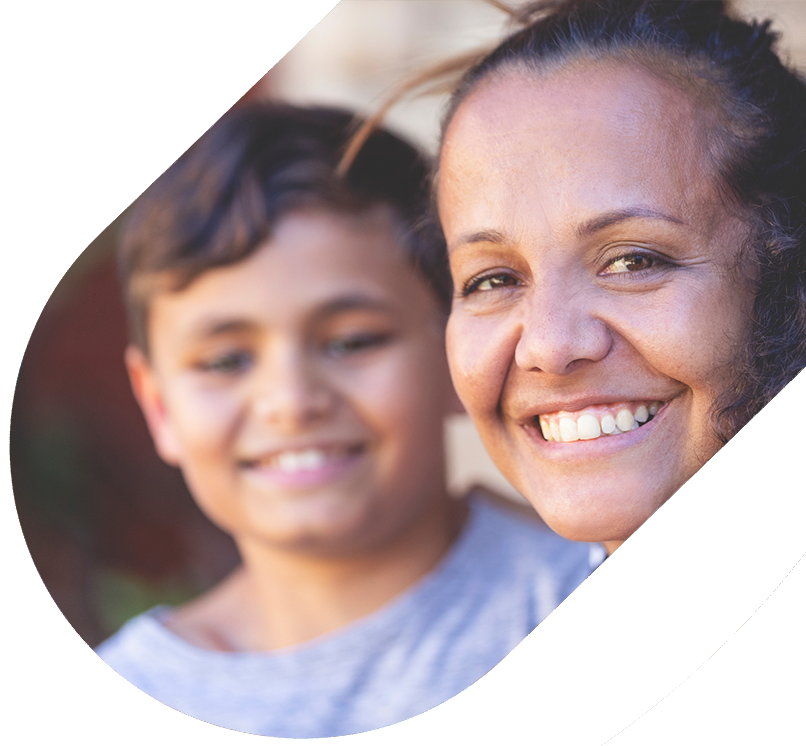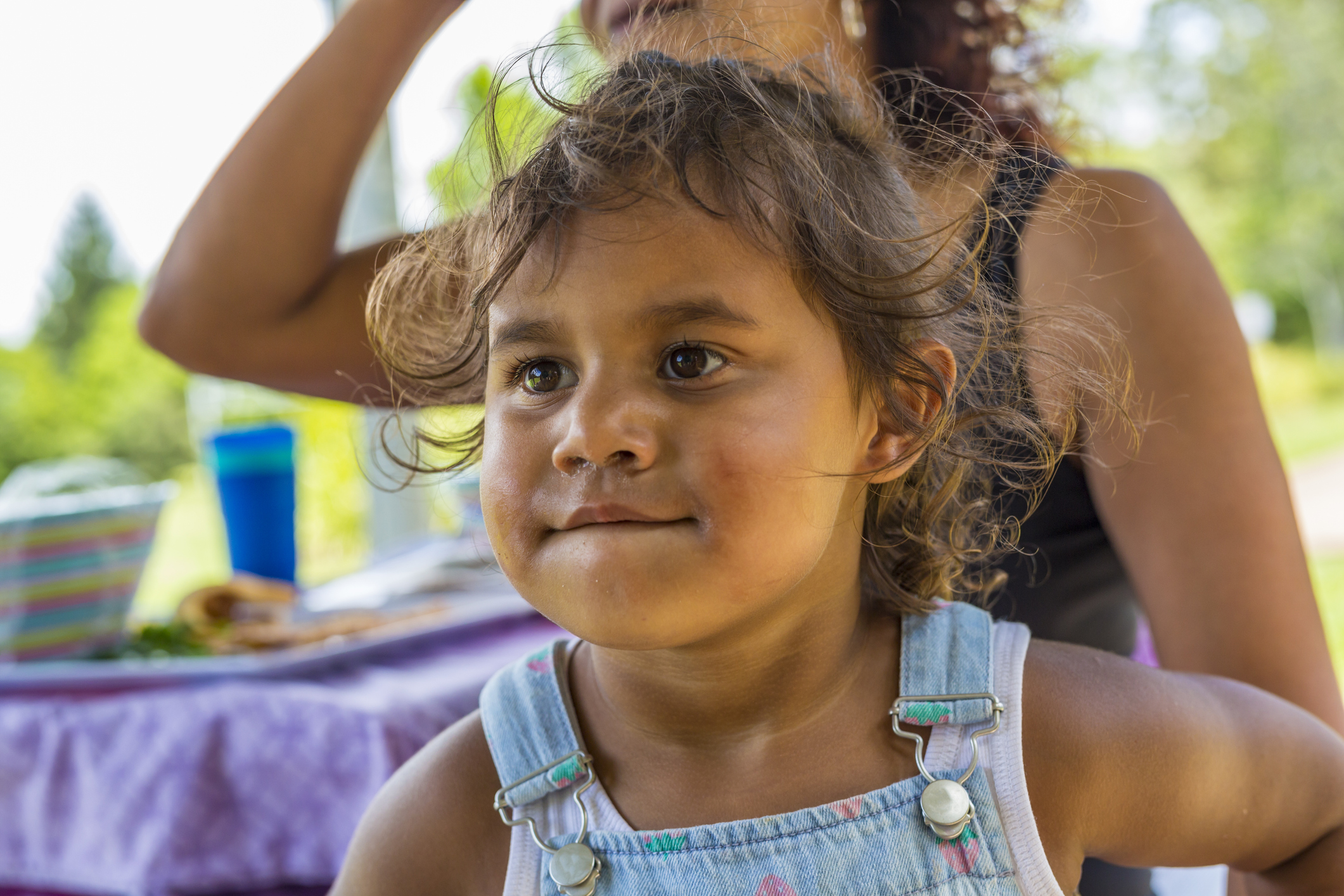
LGBTQIA+
The ACO is committed to creating safe and respectful environments, for LGBTQIA+ people accessing our services and LGBTQIA+ staff and students. We acknowledge we are in the earlier stages of this journey but as an organisation we are working towards creating a more inclusive and accepting environment for the LGBTQIA+ community.
We recognise that LGBTQIA+ people face significant barriers accessing health care services and employment and are committed to removing these barriers. We value collaboration and feedback from all LGBTIQA+ patients and staff so we can continue to improve our delivery of safe and responsive services and workplaces.
The ACO Rainbow Working Group (RWG) was established in early 2022 by LGBTQIA+ allies and advocates working at the ACO, with the goal to make the ACO a safe and inclusive place for LGBTQIA+ staff and patients. The group is working to promote the development of an organisational culture and environment that is safe and inclusive for these communities.
Current Rainbow Working Group priorities:
- Improving systems and processes to create a more inclusive and affirmative environment and experience
- Enhancement of the patient journey for LGBTQIA+ people accessing our service
- Increasing visible signs of support and allyship
- Policy review and updates
- Advocacy and celebration

Gender pronouns are the terms people choose to refer to themselves that reflect their gender identity. These might be he/him, she/her or gender-neutral pronouns such as they/them, among others. Knowing and using a person’s correct pronouns fosters inclusion, makes people feel respected and valued, and affirms their gender identity.
Many ACO staff are choosing to show their pronouns on their signature on correspondence and email, and by wearing a pronoun pin. It has been wonderful to see many ACO staff members now wearing a pronoun pin as a display of allyship. Pins are available from the P&C office and the duty managers.
If you want to read more about gender pronouns and why it is important to use the right one, check out this article in The Conversation from 2021.

In 2022, the ACO has adopted the use of the Progress Pride Flag in place of the Rainbow Flag which was previously used. The flag is used on our website and on printed materials and we will continue to roll out is use materials are re-designed or re-printed.
The pride flag serves as a symbol of the LGBTQIA+ community. It is a visual reminder of the struggles and oppression that people in the community have faced and continue to face, but it’s also a sign of hope. The widespread use of the pride flag allows LGBTQIA+ individuals to connect with each other and feel included regardless of their location.

Reconciliation & Aboriginal and Torres Strait Islander communities
The Australian College of Optometry respectfully acknowledges the Aboriginal and Torres Strait Islander peoples of this nation. We acknowledge the Traditional Custodians of the Land on which we work and live. We pay our respects to their Elders – past, present and emerging. The Australian College of Optometry is committed to honouring Aboriginal and Torres Strait Islander peoples’ unique cultural and spiritual relationships to the land, waters and seas and their rich contribution to society.
The ACO is committed to reconciliation and ensuring our services and workplaces are culturally safe and inclusive of Aboriginal and Torres Strait Islander peoples.

For over 25 years the ACO has been providing eye care to Aboriginal and Torres Strait Islander communities in Victoria and beyond. The ACO is dedicated to improving and strengthening our services to meet the needs of Aboriginal and Torres Strait Islander community members across all our locations and services.
To find out more about our eye care services to Aboriginal and Torres Strait Islander communities, click here.
The ACO recognises the past treatments of Aboriginal and Torres Strait Islander people’s and how colonisation has impacted on their health. Our vision for reconciliation is to work collaboratively and walk alongside Aboriginal and Torres Strait Islander organisations and communities, to heal our national soul, address inequity and achieve justice by contributing to closing the gap in eye health outcomes. We believe that reconciliation is an ongoing journey, which we aim to enhance by building meaningful and mutually respectful relationships.
Reconciliation Action Plan
In May 2019, we were honoured to add a voice to reconciliation through the publication of our Reconciliation Action Plan (RAP). The ACO has had strong and enduring connections with Aboriginal and Torres Strait Islander communities for many years. The development of our RAP reflected our belief that we were to progress that connection through new means of conversation and cooperation. In this work, we are committed to being guided by Aboriginal and Torres Strait Islander people, communities and organisations. In 2021, we launched our second Innovate RAP.
A suite of strategic objectives and operational actions that reflect the ACO’s intent, capacity and organisational structure have been developed in the ACO’s current Innovate Reconciliation Action Plan.
Reconciliation Action Plan Working Group (RWG)
The ACO’s Reconciliation Action Plan Working Group (RWG) provides guidance, advice and support to the our RAP and broader ongoing journey towards reconciliation. The working group includes staff of the organisation to help drive the RAP and community representatives to assist in culturally appropriate implementation of these objectives.
Our Cultural Protocol Guide aims to support staff in undertaking their work while respecting Aboriginal and Torres Strait Islander cultural beliefs and practices. This guide provides general information and links to external organisations and resources, where appropriate, to provide staff with a useful tool to engage with Aboriginal and Torres Strait Islander people. These protocols should be followed by all staff, students, and volunteers at the ACO.
Read the Cultural Protocol Guide here.
Asking the question is a small step we can all take to help in closing the gap in health outcomes for Aboriginal and Torres Strait Islander people.
The identification of Aboriginal and Torres Strait Islander status can have a significant positive impact for Aboriginal and Torres Strait Islander eye health outcomes, enhance cultural safety, and ensure that patients can access appropriate pathways to care. Additionally, improving reporting and monitoring of access to eye health services through identification of Aboriginal and Torres Strait Islander status is an essential step to close the gap for vision.
An Acknowledgement of Country is an opportunity for anyone to show respect for Traditional Owners and the continuing connection of Aboriginal and Torres Strait Islander peoples to Country.
Acknowledgements are often made at the start of an event — such as a meeting, speech or formal occasion and can be made by anybody — First Nations or non-Indigenous.
If you want to find out more, including the differences between an Acknowledgement of Country and a Welcome to Country, have a look at Section 2 of our Cultural Protocol Guide
Evolve Communities has a number of free online resources including Cultural Ally Training and a cultural awareness quiz.
Close the Gap Campaign Report 2022 – Transforming Power: Voices for Generational Change (Lowitja Institute)
Strong Eyes, Strong Communities 2019-2024 (Vision 2020 Australia)

Asylum Seekers and Refugees
Refugees and asylum seekers are referred to the ACO by welfare or social support agencies. A Medicare card is not required if a person has a letter from the referring agency confirming their refugee or asylum seeker status.
We also work with the Asylum Seeker Resource Centre providing a regular clinic on site at their facility in Footscray.
Resources – Amnesty.org













